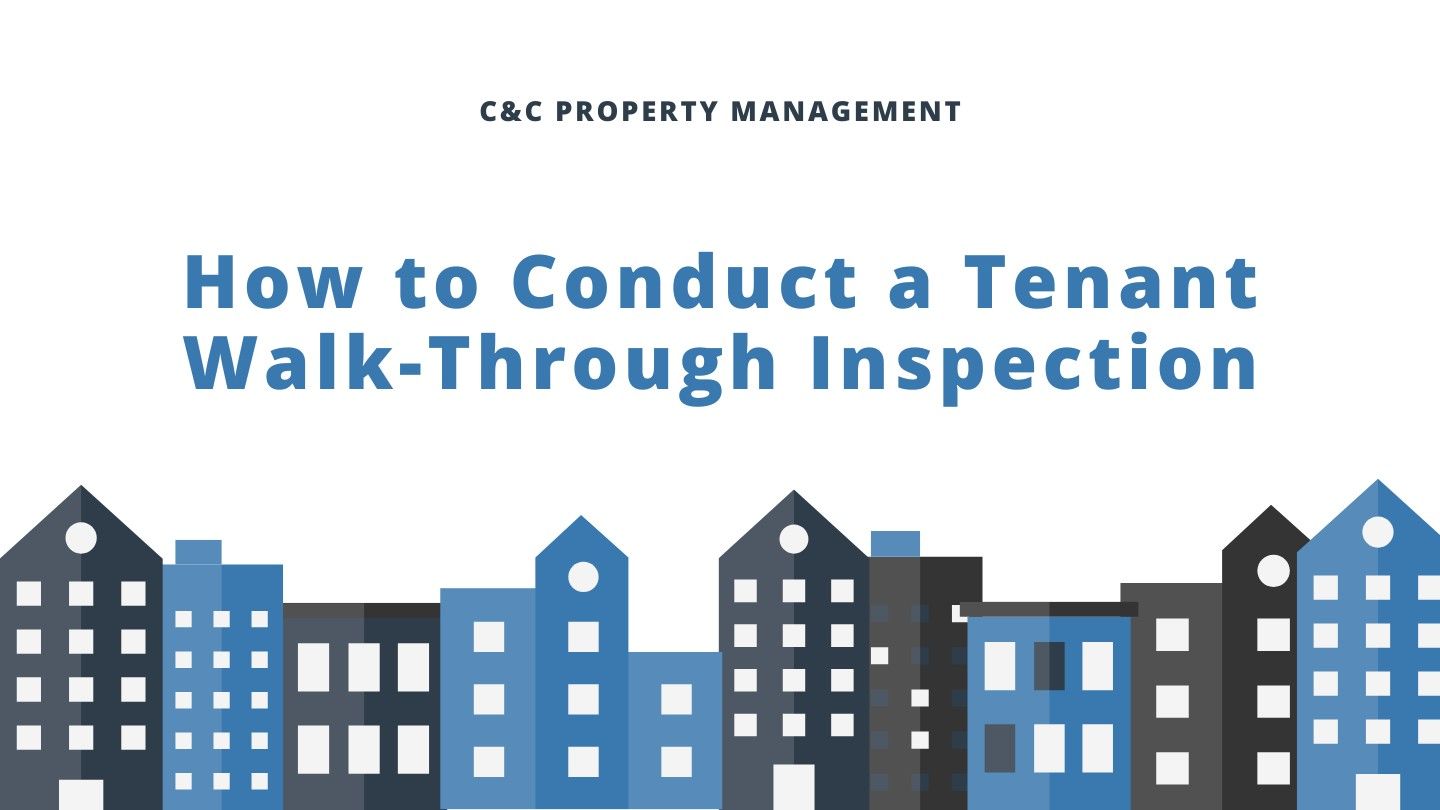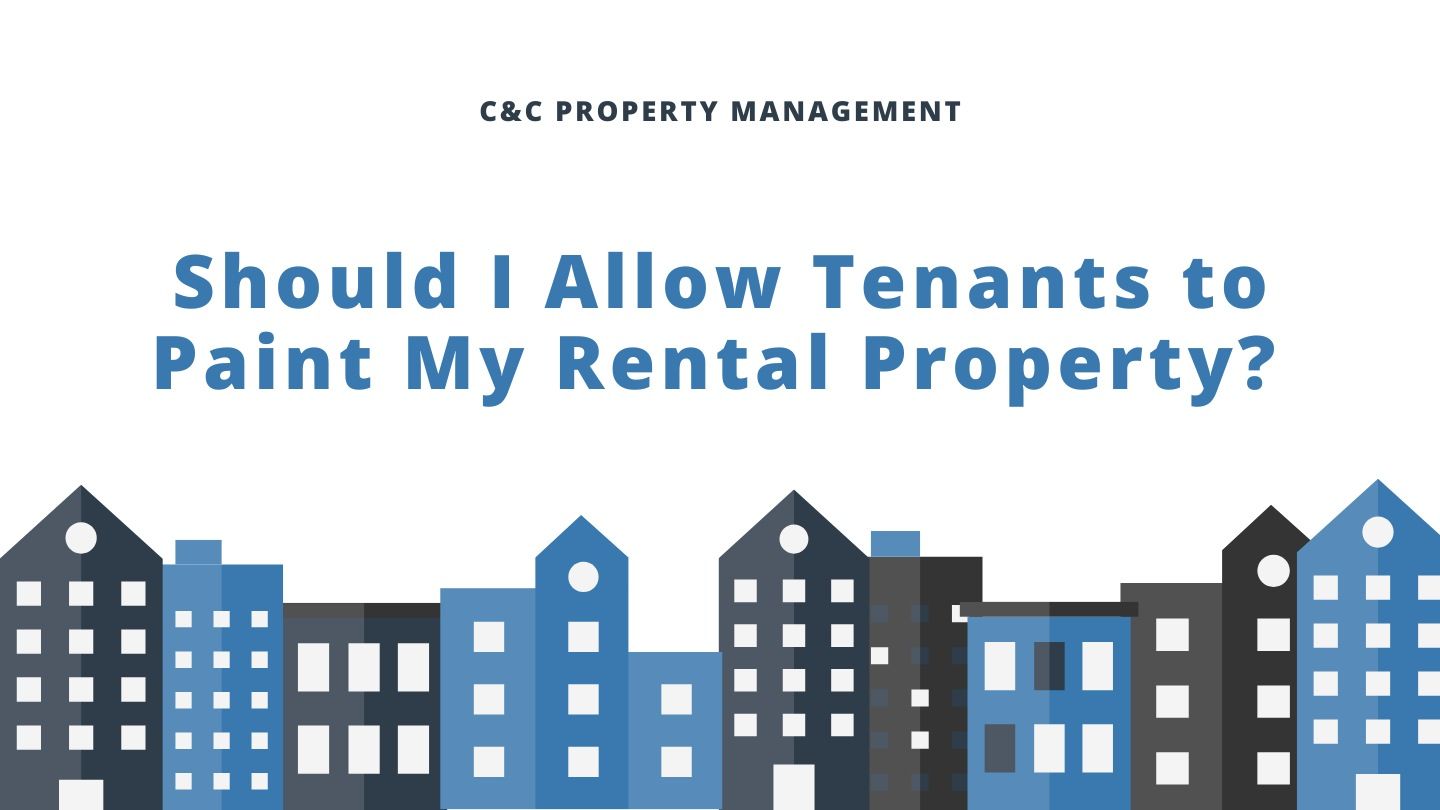CA Heatwave Emergency
Rental Increase Cap
California has had significant movement these last few weeks. In early September, the weeklong heatwave prompted Gov. Newsom to declare a state of emergency with a related cap on rent increases.
Newsom’s declaration triggered Penal Code Section 396, the state’s anti-price-gouging statute. This law makes it illegal to increase the price of consumer goods and services, including rental housing, by more than 10% above pre-emergency levels.
The limits on rent increases apply to existing tenants and to rent increases at unit turnover. Rent prices are capped the same as those of air conditioners, fans, and gas-powered generators.
The state of emergency and protections against price gouging is set to expire in 30 days but can be extended by the governor and local governments.
Newsom’s office said the state of emergency is intended to temporarily increase energy production and reduce demand on the power grid.








